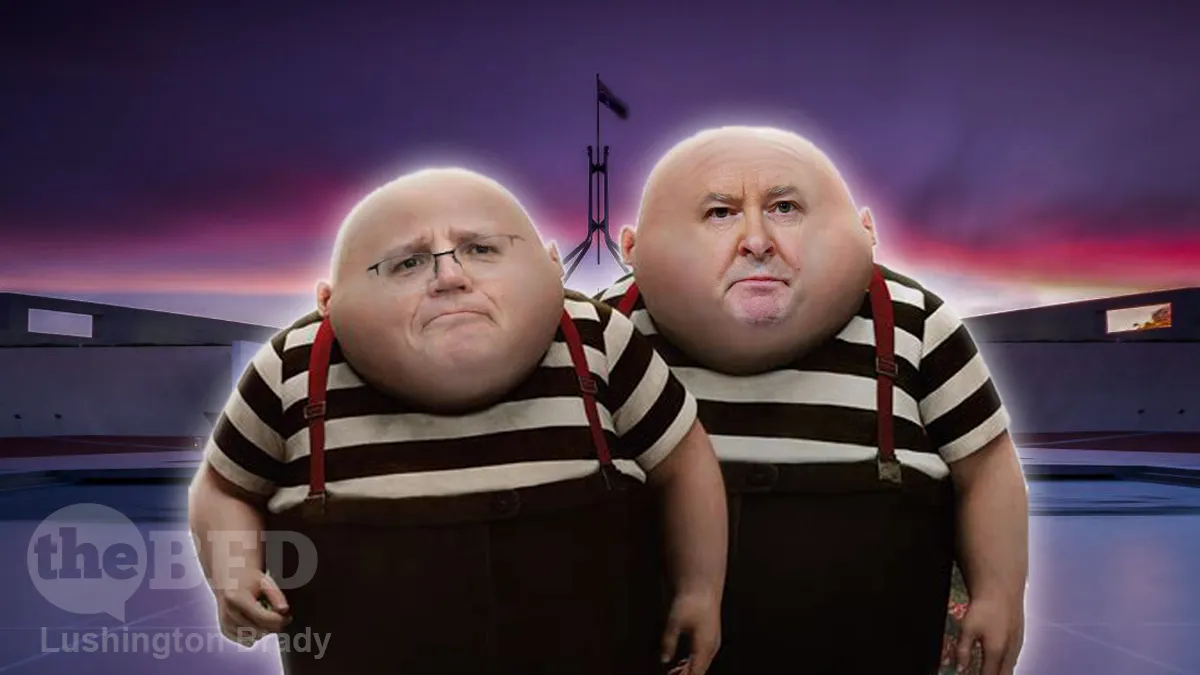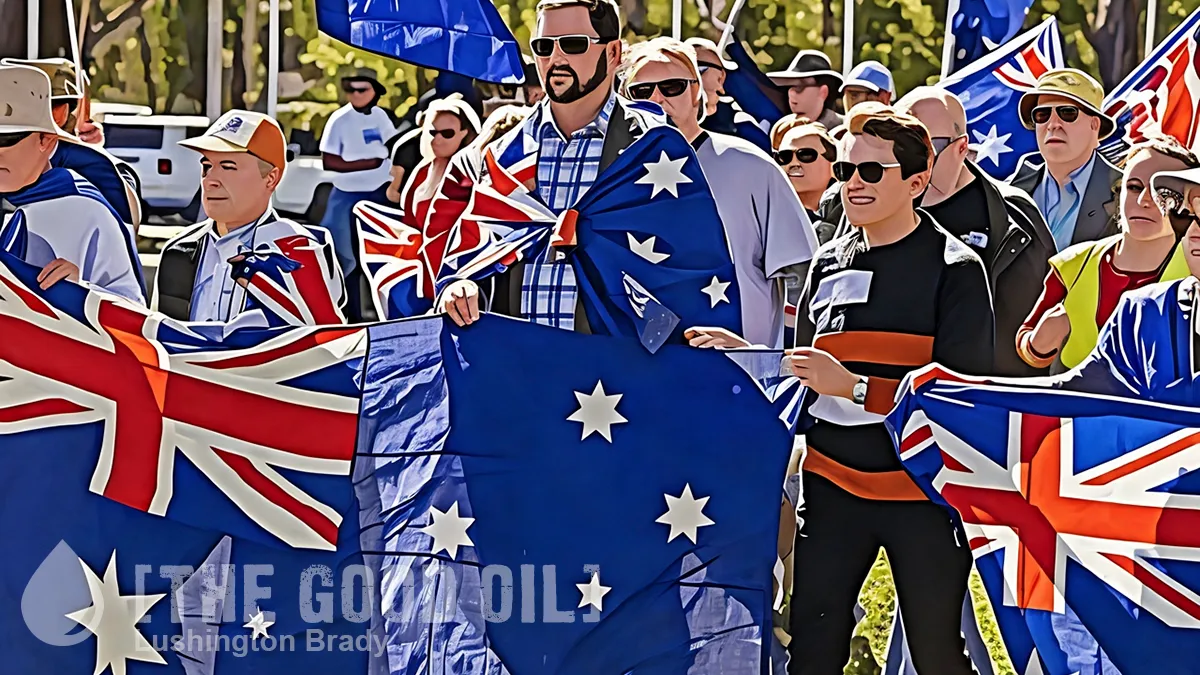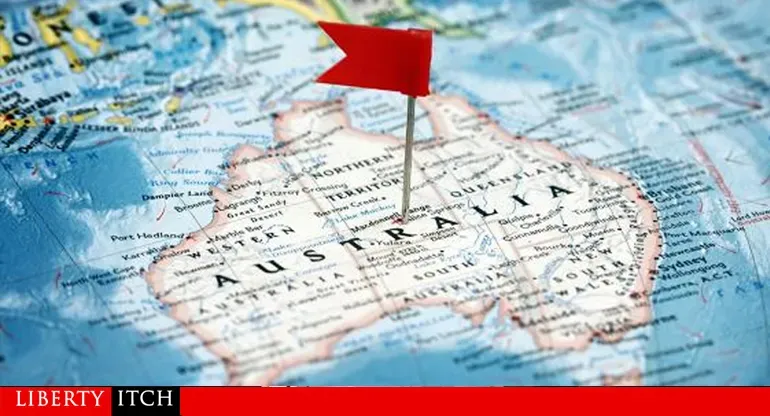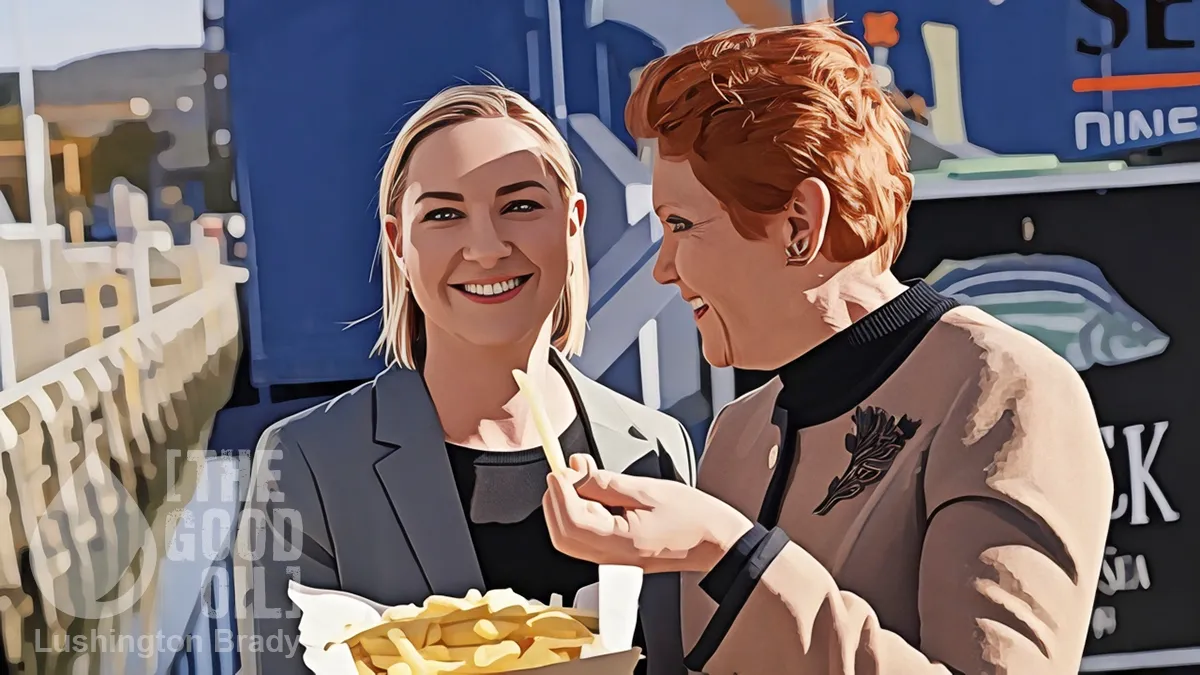Table of Contents
As I wrote last week, treasurer Josh Frydenberg’s budget was a last throw of the lifeline to Australian Prime Minister Scott Morrison before the next election. Is it paying off? Maybe.
In a re-run of 2019, the Coalition has consistently trailed Labor in the polls for months. The post-budget polls haven’t put them ahead – but they are much less further behind than they were. An exclusive Newspoll conducted for the Australian ahead of a likely 14 May election shows Labor’s primary vote falling three points to 38 per cent.
With the Coalition improving a point to 36 per cent, it has narrowed the contest from a six-point margin three weeks ago to a two-point difference as the election date nears.
Labor’s votes have mostly bled to the Greens. But this is hardly a big win for the Greens, whose vote has never again reached the high-water mark of 2013. The Greens’ rise is also potential political ammunition for the Coalition, who can be expected to revive the spectre of the Julia Gillard years when the Green tail wagged the Labor dog.
Not that Labor look likely to actually need the Greens.
Once preferences are allocated, however, the two-party preferred gap remains strongly in Labor’s favour – 54-46 per cent – with the gap tightening a point toward the Coalition.
This is a national swing of 5.5 per cent on the last election and if applied in a uniform distribution across all seats would represent the loss of 17 seats for the Coalition and a landslide victory for Labor.
Support for Pauline Hanson’s One Nation and Clive Palmer’s United Australia Party remained unchanged with each on 3 per cent of the vote.
The Australian
This is the best poll result for the Coalition since December, although it remains well short of an election-winning result.
The question is how seriously to take polls.
The polls, after all – including Newspoll – told almost an identical story. Labor was well ahead on the two-party preferred vote, though not by as much as the current poll suggests. Interestingly, the actual election campaign appeared to have little effect on poll numbers, which barely shifted. YouGov’s exit poll showed exactly the same numbers as Newspoll’s election-opening poll.
And the election result was an exact mirror-image of the polls.
The Coalition remains dogged by the perception of Scott Morrison’s leadership – or lack thereof. Changing leaders is clearly not an option, not that doing so delivered a poll bounce in 2019, either. Labor’s “women problem” attacks have apparently failed to resonate with women voters, who remain largely unconvinced. The Coalition’s counter-attack on Labor’s “mean girls”, and Albanese’s weak-kneed dodging over the issue, may be more damaging than it appears.
For Labor, the same dangers as in 2019 remain: a leader about whom voters remain decidedly unenthusiastic and who is seen as unconvincingly trying to sit on the fence on too many issues. Nominating an Oxford-educated multi-millionaire as a candidate for the seat of Parramatta isn’t going to improve perceptions that Labor has deserted its working-class base for wealthy, university-educated, inner-city “progressives”. Similarly, the likely recruitment of divisive sour-puss Grace Tame might steam the knickers of the ABC, but will stick in the craws of ordinary Australians.
In uncertain post-Covid times, with war looming, Labor’s reputation as poor economic managers is a continuing millstone. The aforesaid Oxford millionaire’s history as a policy mover in the Rudd economic team will revive more bitter memories for voters. And Western Australia once again threatens to be a graveyard for Labor.
The other great undecided demographic is suburban families – the same group who helped deliver Morrison’s 2019 “miracle”. Morrison has done nearly everything he can to piss off these voters on social and cultural issues. The question is whether Frydenberg’s “kitchen table” budget is enough to earn forgiveness.









